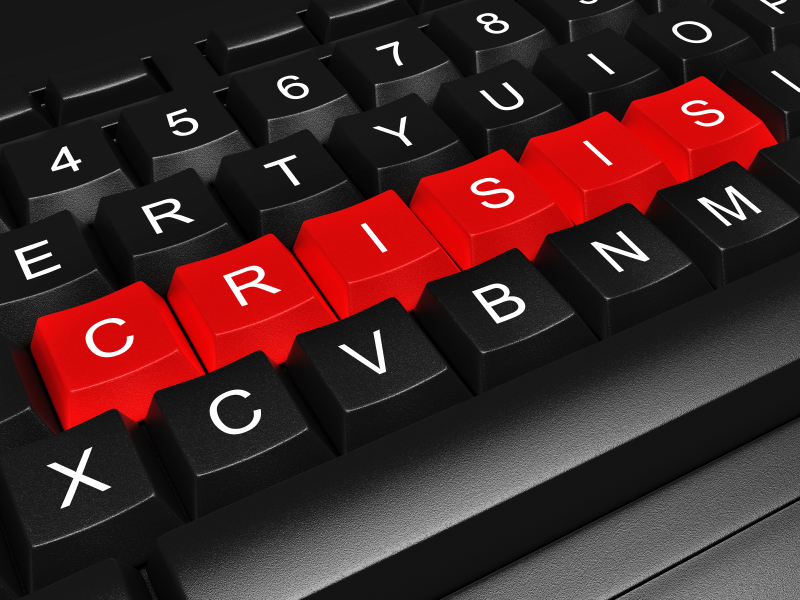
Like so many other women I applauded when the #MeToo movement began. It offered long-awaited support for women whose career opportunities have been diminished as a result of sexual harassment and discrimination. The seriousness and volume of related headlines that continue to pour out worldwide have brought centuries of oppression and abuse to light. Organizations like the Equal Employment Opportunity Commission and RAINN are helping to turn this new awareness into serious change.
A lack of clear boundaries can cut both ways
The fact that these inequities are not always addressed by our legal system or workplace customs is part of the reason the #MeToo movement was so necessary. But that lack of clear boundaries can cut both ways. We are seeing too many men lose their jobs and reputations for situations that don’t rise to the level of sexual or other types of harassment. These situations can spring from accusations that a man engaged in borderline behaviors that deserve attention but not social condemnation. These men are being tried in the court of public opinion, often as the subject of anonymous blogs, articles and petitions. The products of this chaotic system will endure online as virtual convictions regardless of the how the situations were resolved.
I’ve spoken with several men who have faced such situations. I’ve also discussed this with female friends who have relevant experiences and expertise. Some of the latter include lawyers who specialize in employment and Internet law, and have led prosecutions into sexual crimes and trafficking. They agree that men are facing very uncertain territory, one that can also be unfair. Politics and social outrage have stepped in to fill a gap in our legal system. As a result, even a simple misunderstanding can have grave professional and reputational consequences.
Recognize This New Era…and Adapt
The next step forward will require a serious conversation about the spectrum of interactions that are not addressed under the law but that are considered improper under what are can only be seen as rapidly changing standards.
As long as these standards remain uncodified it leaves them open to be misused. If you are a male with power over others, you are in a position where you could abuse your authority. But you are also vulnerable. If a colleague reports an action of yours that offends anyone or raises any type of red flag, however nebulous, it may lead to more than just a (now virtual) conversation in HR. You may become a cost-cutting opportunity for your organization—or a headline in industry publications that you will never recover from.
The lesson here is well stated in a rule expressed to me by an employment attorney: If anything about your comportment does not appropriately represent the brand of your employer, you are making yourself vulnerable for dismissal. In your personal life, it is equally important to adhere to your ethics, or to reboot them. By protecting yourself you are protecting everyone.
We are in a new era and culture, and while it might be time to reconsider some of the changes, most are here to stay. All of us must adjust to that reality.
Shannon Wilkinson is the founder and CEO of Reputation Communications.



